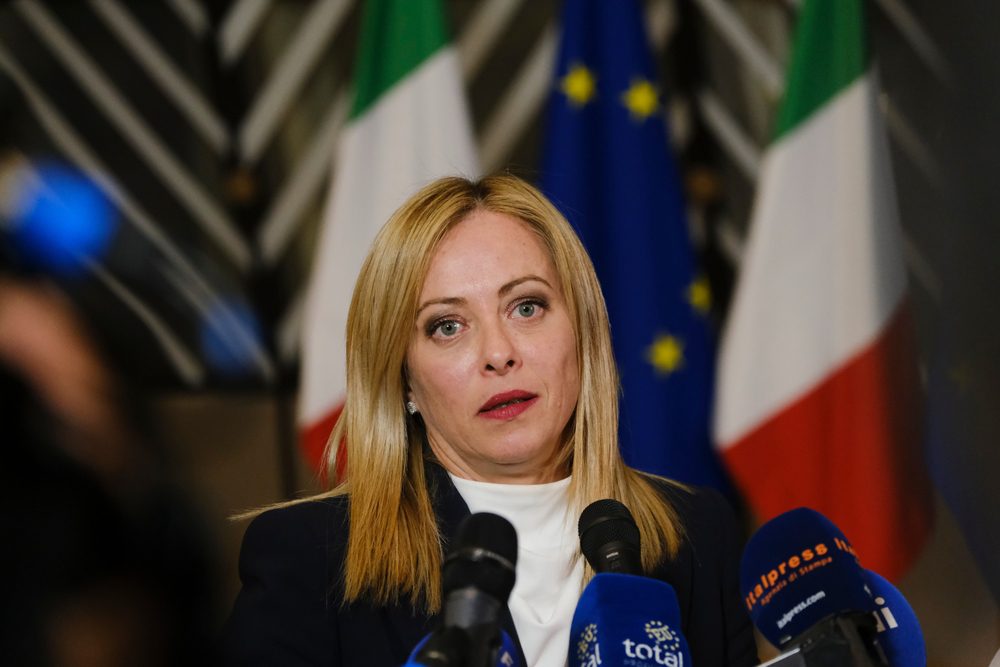
Under pressure from Brussels, Italian Prime Minister Giorgia Meloni has scaled back her ambitions to raise cash payments in Italy as promised at the time of her election.
Her predecessor Mario Draghi put measures in place to limit the use of cash in Italy. He introduced a threshold of €30 for merchants: up to this limit, they could refuse payment by card. Above €30, they were obliged to accept the card, risking a fine if they refused. Giorgia Meloni had intended to raise the threshold from €30 to €60 but had to abandon this measure in the face of protests—in Italy and in Brussels.
On Wednesday, December 14th, Brussels issued a mixed verdict on the Italian draft budget for 2023. The limitation of public spending was approved, but the European Union considers Meloni’s mobilisation against tax evasion insufficient.
With respect to the rest of the EU, it’s all about balance and compromise. Giorgia Meloni has to play a subtle game to avoid upsetting Brussels, whose benevolence is necessary to obtain the payment of funds linked to the recovery plan, and simultaneously avoid upsetting her electorate. Meloni held firm on another of her flagship measures—the increase in the amount authorised for cash transactions from €1,000 to €5,000—but gave up on the decriminalisation of tax offences. “A bird in the hand is better than two in the bush” seems to be the guiding principle of Giorgia Meloni’s actions.
As Francesca Sforza, editorialist at La Stampa, explains, it would be dishonest to see this episode as a retreat or weakness on Meloni’s part. “That would be to miss the political significance of what is happening between Europe’s most Eurosceptic party and the European institutions,” she explains. Meloni’s political game has to be understood from a much broader perspective. One of Meloni’s objectives remains to make Italy a major player in the European Union and not leave her country on the sidelines. One of her slogans sums up this ambition: “More Italy in Europe.” For the time being, therefore, she is doing everything in her power to maintain the dialogue.
Meloni’s policy is also understandable in view of the European elections of 2024: Italy intends to be one of the key pillars of the conservative camp in the new parliament that will be elected next spring.
